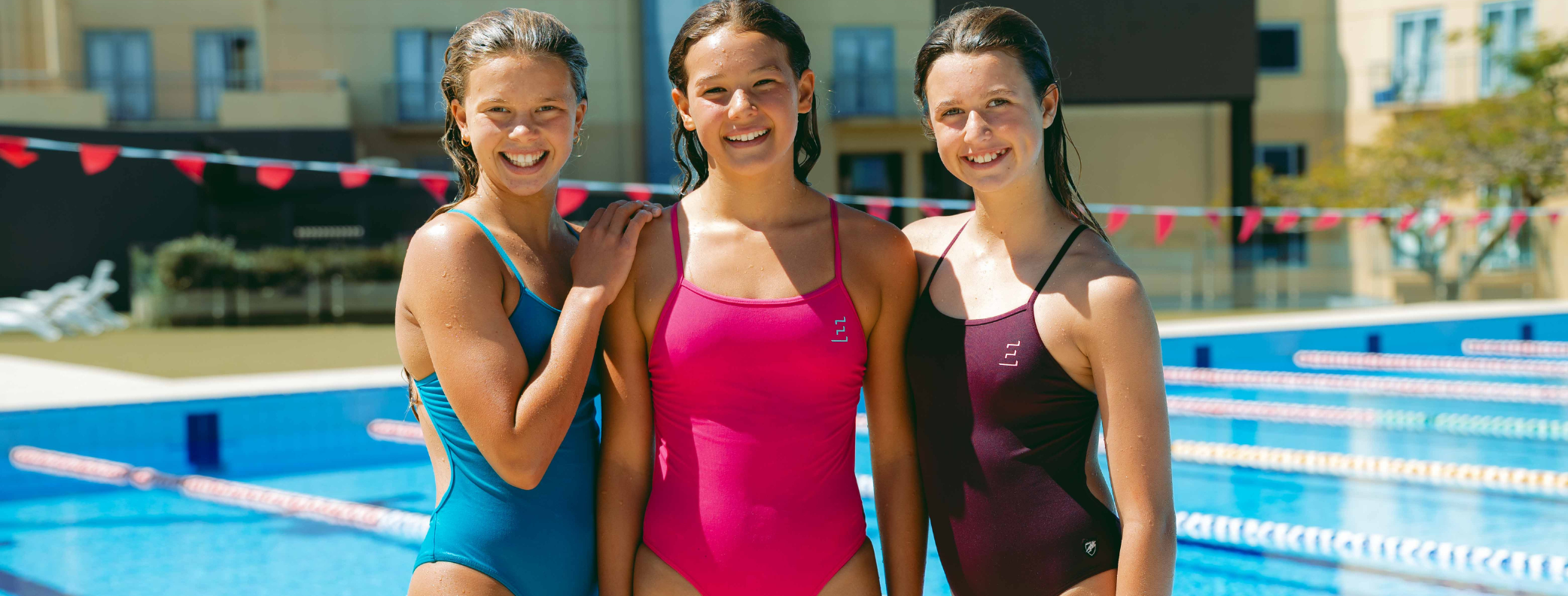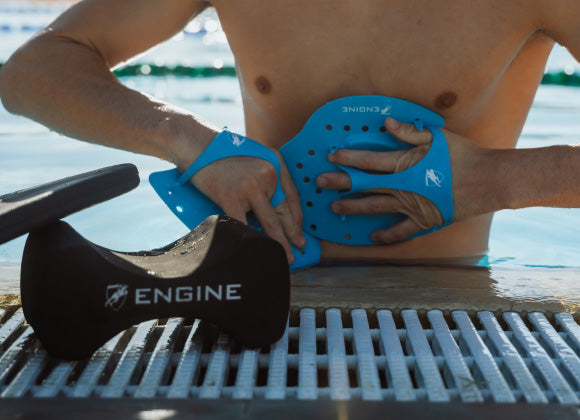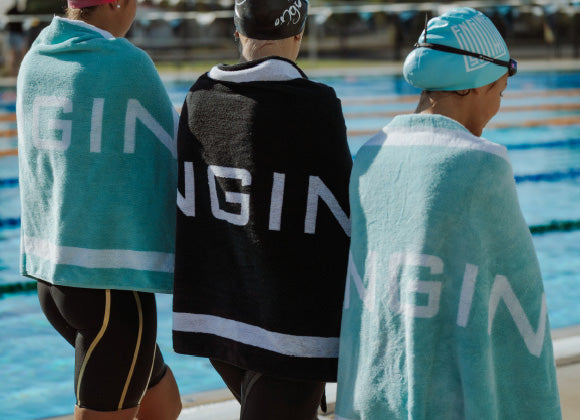Fueling the Future: The Importance of Nutrition for Young Athletes
As young athletes pursue excellence in their sport, what they put on their plate is just as important as what they do on the grounds. Good nutrition fuels performance, supports growth, and sets the foundation for lifelong health.
According to Sports Dietitians Australia (SDA), young athletes have higher energy and nutrient needs due to their physical activity and rapid growth. Whether they eat meat or follow a vegetarian or vegan diet, meeting these needs with a balanced, whole-food approach is key.
Why Nutrition Matters for Young Athletes
-
Fuel performance: Energy from food powers training and competition.
-
Support growth: Nutrients help build muscle, bone, and tissue.
-
Enhance recovery: Food aids in muscle repair and replenishment.
-
Prevent illness: Good nutrition supports immune function.
Key Nutritional Components – With Examples
1. Carbohydrates – The Primary Energy Source
Carbs are the main fuel source for active bodies, especially before and after training.
Examples for all diets:
-
Wholemeal bread, brown rice, oats, pasta.
-
Fruits: bananas, apples, oranges.
-
Starchy vegetables: sweet potato, corn.
-
Breakfast cereals with low added sugar.
-
Tip: Have a carb-rich snack like a banana or fruit toast 1–2 hours before exercise.
2. Proteins – Building Blocks for Growth
Protein supports muscle repair and development, especially after training.
Examples for meat eaters:
-
Chicken, lean beef, turkey, fish, eggs.
-
Dairy: yoghurt, cheese, milk.
Examples for vegetarians/vegans:
-
Legumes: lentils, chickpeas, beans.
-
Soy products: tofu, tempeh, soy milk.
-
Plant-based alternatives: vegan mince, seitan.
-
Nuts and seeds, nut butters.
Tip: Include a protein-rich food in every meal and after workouts for optimal recovery.
3. Fats – Long-Term Energy and Hormone Support
Examples for all diets:
-
Avocado, olives.
-
Nuts and seeds (e.g. almonds, chia, sunflower).
-
Plant oils: olive, canola, flaxseed.
-
Fatty fish (for meat eaters): salmon, sardines.
Tip: Choose healthy fats in moderation—they help the body absorb fat-soluble vitamins like A, D, E, and K.
4. Micronutrients – Vital for Health and Performance
-
Iron: Supports oxygen transport and energy.
-
Meat sources: beef, lamb, chicken.
-
Plant sources: lentils, tofu, dark leafy greens, fortified cereals (pair with vitamin C for better absorption).
-
-
Calcium & Vitamin D: Essential for strong bones.
-
Dairy sources: milk, yoghurt, cheese
-
Vegan sources: fortified plant milks, tofu, almonds, sesame seeds
-
-
B12 (essential for vegans): Found in fortified plant-based products or supplements.
Tip: Regular blood checks for iron and B12 are recommended for athletes on plant-based diets.
Hydration – Often Overlooked, Always Important
-
Drink water regularly throughout the day.
-
Before sport: 1–2 glasses of water.
-
During: Sip water or an electrolyte drink if over an hour.
-
After: Replace lost fluids — check urine color (pale straw = hydrated).
Balanced Meal Examples
Lunchbox Ideas:
| Option | Carbs | Protein | Veggies/Fruit | Healthy Fat |
|---|---|---|---|---|
| Meat eater | Brown rice | Chicken strips | Cherry tomatoes, carrot sticks | Avocado |
| Vegan | Wholemeal wrap | Falafel or tofu | Spinach, capsicum, cucumber | Hummus |
Post-Training Snack Ideas:
| Option | Carbs + Protein |
|---|---|
| Yoghurt with fruit and muesli (meat eater/vegetarian) | |
| Smoothie with soy milk, banana, oats, and peanut butter (vegan) | |
| Egg sandwich on wholegrain bread | |
| Chickpea salad with quinoa and tahini dressing (vegan) |
Do They Need Supplements?
SDA strongly recommends food-first strategies. Supplements like protein powders or multivitamins should only be used under the guidance of an Accredited Sports Dietitian, especially for young athletes. Whole foods are not just safer—they also provide a wider range of nutrients.
Tips for Parents and Coaches
-
Plan ahead for snacks around training.
-
Encourage balance rather than restriction.
-
Lead by example with healthy food habits.
-
Talk about energy and performance, not weight.
-
See a professional for tailored advice.
Final Thoughts
Nutrition is a powerful performance tool for young athletes. Whether eating meat or plant-based, the key is variety, balance, and enough fuel to meet their unique demands. With smart choices and support from parents and coaches, they can thrive on and off the field.
For professional guidance, visit Sports Dietitians Australia to find an Accredited Sports Dietitian near you.


























